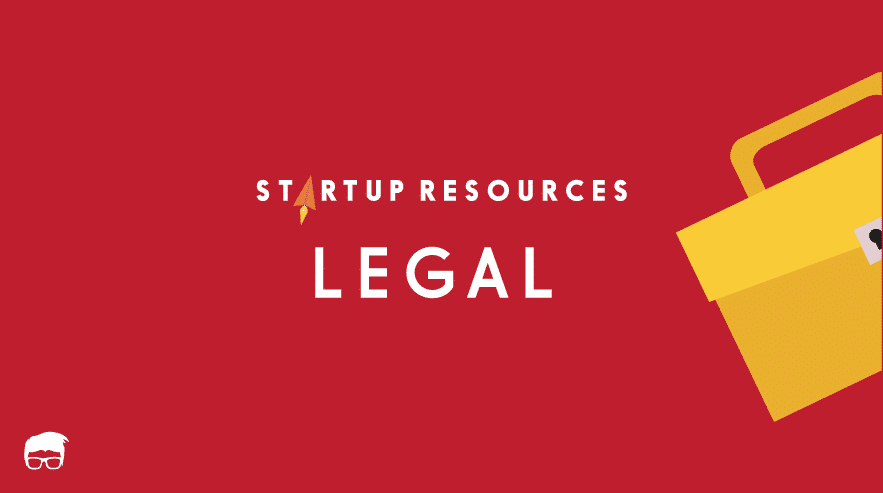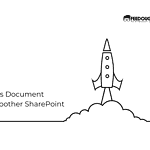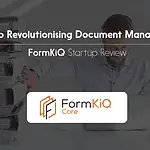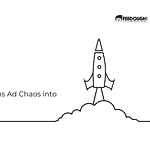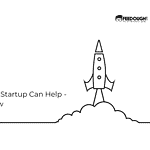Digital signing is a common hurdle for many professionals today. From lawyers to HR managers, the need for a streamlined signing process is clear but often complicated by rigid systems and expensive fees. Clients find themselves trapped in a web of required signatures, often leading to delays and frustration. But what if there was a smarter way to handle this?
This is where OpenSign steps in. By focusing on the complexities of document signing, OpenSign simplifies the process, allowing documents to be routed in a logical order—from candidate to HR and finally to management. The best part of OpenSign is not just its features but its core mission to provide an open-source solution that’s accessible for everyone, regardless of budget.
OpenSign stands out by offering a comprehensive suite of tools at no charge, making document signing efficient and user-friendly for its customers. To dig deeper into this innovative approach, we did an interview to find out more about their journey and the roadmap ahead.
What is OpenSign?
OpenSign is a free digital signing platform designed to streamline the document signing process for professionals who deal with various paperwork daily.
Whether you are a lawyer needing to manage client contracts, HR personnel handling onboarding forms, or a freelancer requiring signatures for projects, OpenSign simplifies the workflow.
For instance, if you are in HR, you might often struggle with managing the signing sequence of documents. With OpenSign, you can directly sign the order from the candidate to HR and finally to management, ensuring a smooth and timely completion.
The primary issue OpenSign tackles is the complexity of routing documents among multiple signers. Traditional systems can be cumbersome and often lead to delays. OpenSign resolves this by offering a straightforward approach, enabling users to send documents in a designated order easily. The platform caters to various audiences, including companies that manage high volumes of signing, doctors, and freelancers, ensuring that everyone can benefit from its user-friendly design.
What truly sets OpenSign apart is its commitment to being an open-source solution. By providing most of its features at no cost, it appeals to businesses and individuals who may put off the high fees of competitors. Whether you require unlimited document creations or signature requests, OpenSign seeks to meet your needs effectively, all while remaining budget-friendly.
OpenSign Founders
Kevin Borasy stands at the forefront of OpenSign, a venture born from a genuine need for simplicity in the often convoluted world of digital signing. With a background steeped in design and technology, Kevin brings a unique perspective to the startup landscape. His insight into the hurdles faced by professionals—particularly the excessive fees charged by existing solutions—ignited a passion for creating something that would alleviate these challenges for users across various industries.
The genesis of OpenSign was marked by a shared vision among its founders to develop an open-source platform where cost wouldn’t hinder access to necessary tools. The early days were not without hurdles. Kevin and his team grappled with numerous challenges, such as attracting their first users and managing the intricacies of an open-source project while ensuring effective community support. Balancing technical demands with strategic marketing posed a significant undertaking, reflecting the trials many startups face when establishing themselves in a competitive marketplace.
The spark for OpenSign can be traced back to Kevin’s observations about the digital transformation era. As he witnessed the growing importance of digital signatures, he recognised an opportunity: a platform that would not only streamline the signing process but also offer it at no cost to users. This focus on accessibility was a driving force behind the startup’s inception, addressing the frustrations of clients unable to send documents in a logical order.
With a clear mission in mind, Kevin and his team set out to build a platform that could redefine the digital signing experience. By prioritising user needs and a straightforward structure, OpenSign aims to empower every individual and organisation to manage their documentation efficiently without the burden of hidden fees. Their commitment to creating a user-friendly experience reflects Kevin’s broader goal of enabling professionals to navigate the digital landscape more seamlessly.
Interview with Kevin Borasy, Designer of OpenSign
I had the unique opportunity to interview Kevin Borasy, the driving force behind OpenSign. With a rich background in design and technology, Kevin is the designer and visionary at OpenSign. Below is the enlightening conversation we had, giving deeper insights into the inspiration and aspirations behind this promising startup.
Q: Can you introduce yourself and your role at OpenSign?
A: I am Kevin Borasy, and I represent OpenSign. As the designer, I oversee the development and continuous enhancement of our digital signing platform.
Q: Could you explain what OpenSign does?
A: OpenSign is a free digital signing platform that allows users to create and manage digital signing documents smoothly. Our main audience includes lawyers, companies with frequent document signing needs, doctors, freelancers, and HR professionals.
Q: What primary problem does OpenSign aim to solve?
A: We observed that clients often struggle with sending signing documents in a specific order. For example, the signing sequence might need to start with the candidate, then HR, and finally the manager. Our platform solves this by allowing users to direct the signing order efficiently.
Q: Tell us about your company’s founding team and funding source.
A: OpenSign is fundamentally an open-source company. Our funding comes exclusively from clients who subscribe to our advanced plans, ensuring we remain accessible while maintaining high standards.
Q: What inspired you to venture into this particular industry?
A: During the digital transformation era, we noticed that many digital signing companies impose hefty fees on their clients—fees we found unnecessary. This discovery inspired us to create OpenSign, offering a cost-effective and efficient digital signing solution.
Q: What challenges did you face in the early days of OpenSign?
A: Attracting our first customers, managing our first open-source project, offering community support, and executing effective marketing strategies were significant challenges during our early days.
Q: How do you differentiate OpenSign from its competitors?
A: We distinguish ourselves by offering most features for free. We provide open-source APIs, unlimited document and template creation, and unlimited request signature emails.
Q: Has your startup received any external funding?
A: No, we have not received external funding.
Q: What is your startup’s current valuation?
A: We are not disclosing our valuation at this time.
Q: Can you share details about your recent funding round?
A: We haven’t had a recent funding round to discuss.
Q: What are OpenSign’s plans for the future?
A: We plan to implement multi-user functionality to meet the needs of large organisations.
Q: Let’s talk about revenue. How much does OpenSign make per month?
A: Our revenue stands at £2,000 per month.
Q: How many customers do you serve on average per month?
A: We serve around 150 customers each month.
Q: What is your year-over-year growth percentage?
A: We are experiencing a steady 15% year-over-year growth.
Q: Do you have any advice for aspiring entrepreneurs looking to start their own business?
A: Minimise risk and consider generating revenue on your own before seeking external funding.
This interview with Kevin Borasy sheds light on the dedication and innovative spirit driving OpenSign. Their focus on cost-effectiveness and functionality makes them a standout in the digital signing sector.
Feedough’s Take on OpenSign
OpenSign’s journey in the digital signing domain paints an inspiring picture of innovation meeting accessibility. Their open-source approach not only disrupts the status quo of costly digital solutions but also democratises access to technology for all professionals. The focus on seamless document flow and cost efficiency is poised to set new benchmarks in how digital transactions are managed across sectors.
As they continue to evolve, the challenge will be to constantly upgrade and align with changing user needs without compromising on their core promise of affordability.
Looking ahead, we expect OpenSign to continue impacting the digital landscape by expanding its capabilities and potentially introducing features that invite even greater user engagement. With a firm grasp on the essentials of user-friendly design and strategic market presence, OpenSign is well on its way to becoming a key player in the digital signing space.
A startup consultant, digital marketer, traveller, and philomath. Aashish has worked with over 20 startups and successfully helped them ideate, raise money, and succeed. When not working, he can be found hiking, camping, and stargazing.


